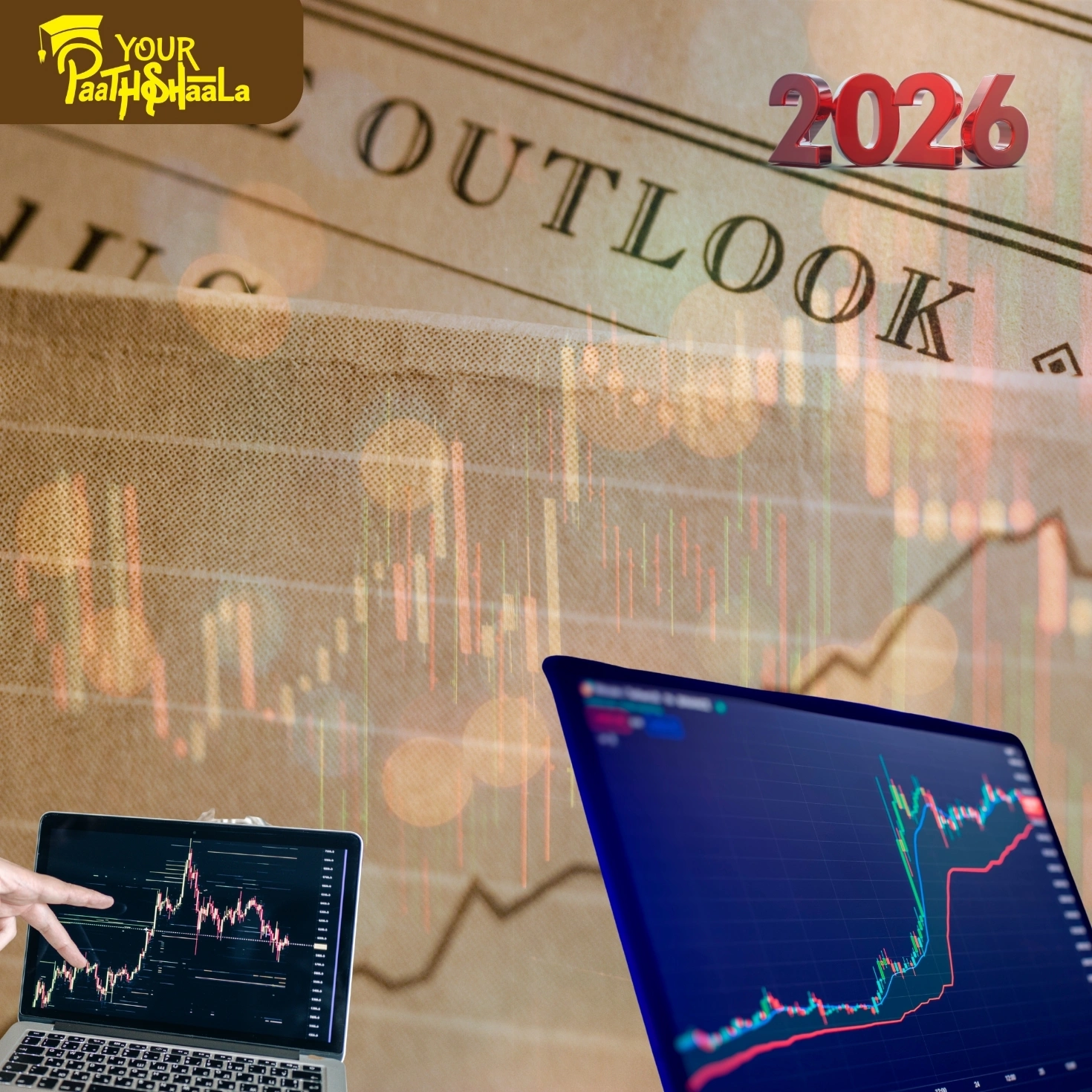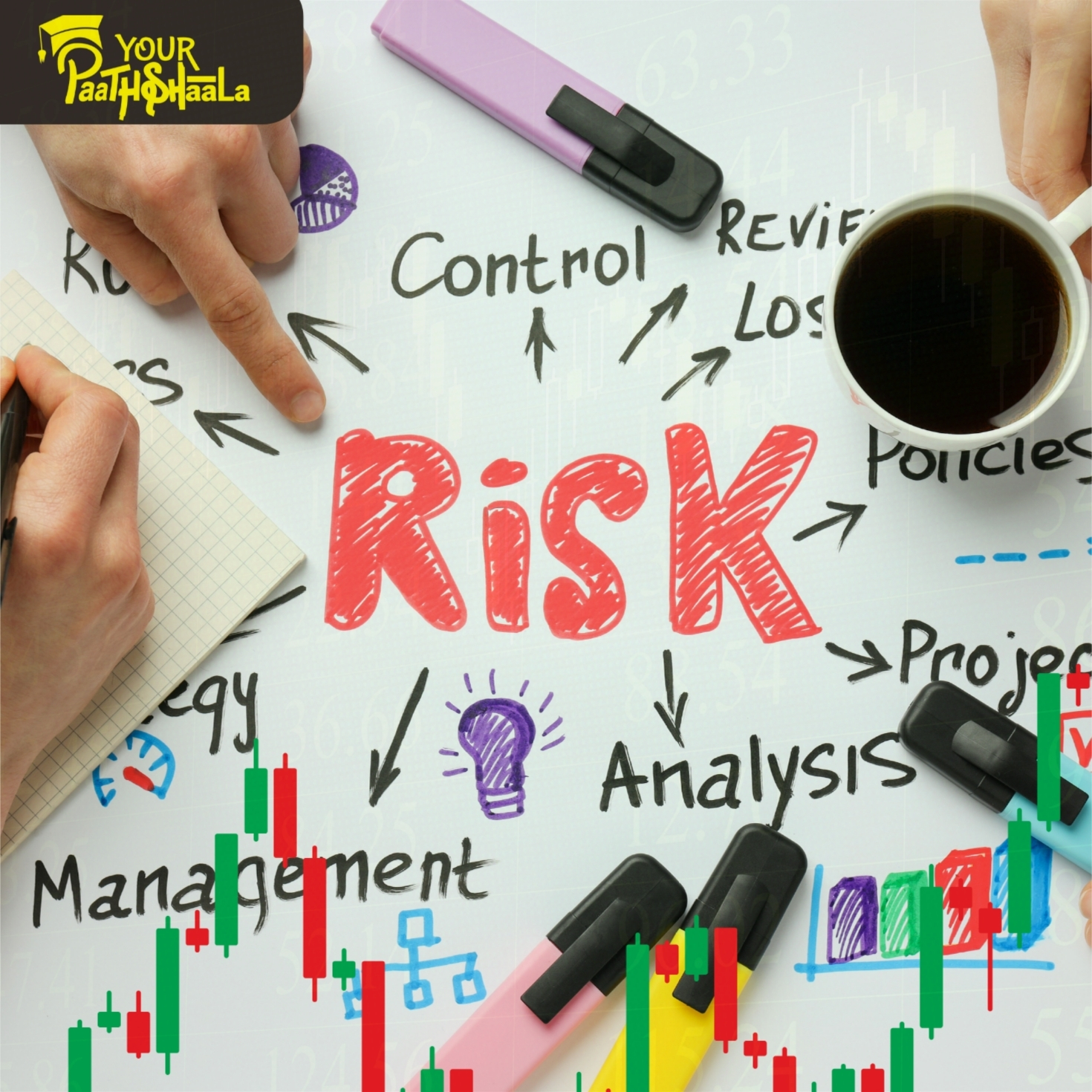2026 Portfolio Outlook: Preparing for Tomorrow’s Markets
As we approach 2026, emerging technologies and shifting market dynamics are reshaping the investment landscape, demanding proactive strategies to stay ahead. As of September 4, 2025, adaptive frameworks and future preparedness are critical for navigating rapid innovation and capturing tomorrow’s opportunities. This 2000-word guide explores these transformative trends, offering actionable insights for beginners and seasoned investors. By balancing innovation, strategy, and risk management, you can position portfolios for long-term growth. Ready to prepare for tomorrow’s markets? Let’s dive into the 2026 portfolio outlook.
What is the 2026 Portfolio Outlook?
The 2026 portfolio outlook focuses on aligning investments with emerging trends—such as AI, quantum computing, and climate tech—while adopting adaptive frameworks to manage evolving market risks. It emphasizes future preparedness to capitalize on visible trends, like biotech or metaverse growth, in today’s markets. With global markets facing volatility (VIX at 18, per CBOE) and tech-driven assets growing 15% in 2024, per Bloomberg, this approach is essential for resilience and growth in 2026’s dynamic financial landscape.
Key Strategies for the 2026 Portfolio Outlook
To succeed in preparing for 2026 markets, focus on three key strategies: leveraging emerging technologies, adopting adaptive frameworks, and prioritizing future preparedness with balanced risk management. Below, we explore each in detail.
1. Emerging Technologies: Shaping Investment Opportunities
Emerging technologies, such as AI, quantum computing, and green energy, are driving new investment categories. For example, AI adoption in wealth management grew 70% in 2024, per PwC, while clean energy investments surged due to global climate policies.
How to Invest in Emerging Technologies
Allocate to ETFs like ARKK (innovation) or ICLN (clean energy) for diversified tech exposure.
Research companies like NVIDIA (AI chips) or QuantumScape (quantum tech) for direct investments.
Monitor tech adoption trends via Gartner or Bloomberg for investment signals.
Diversify across tech subsectors and stable assets like bonds (BND) to balance risks.
Emerging technologies offer high growth but are volatile, so pair with diversified, stable investments.
2. Adaptive Frameworks: Evolving with Market Dynamics
Adaptive frameworks use flexible strategies, like dynamic asset allocation or AI-driven rebalancing, to respond to shifting market conditions, such as inflation (3.5% CPI in 2024, per FRED) or geopolitical shifts. These frameworks ensure portfolios remain relevant amid rapid change.
How to Implement Adaptive Frameworks
Use robo-advisors like Wealthfront or Betterment for real-time portfolio adjustments.
Allocate to flexible ETFs like VTI (total market) or HEFA (currency-hedged) for adaptability.
Monitor macroeconomic indicators, like interest rates or VIX, to guide rebalancing.
Diversify across asset classes to maintain flexibility without sacrificing stability.
Adaptive frameworks enhance resilience but risk over-adjustment, so balance with long-term goals.
3. Future Preparedness: Seizing Tomorrow’s Opportunities
Future preparedness involves aligning portfolios with trends visible today, such as longevity (20% over 65 by 2030, per UN) or metaverse growth ($400 billion by 2030, per Bloomberg Intelligence). This proactive approach builds a competitive edge for 2026 and beyond.
How to Prioritize Future Preparedness
Invest in ETFs like XBI (biotech) or METV (metaverse) to capture emerging trends.
Use forecasting tools like MSCI or PitchBook to identify long-term opportunities.
Plan for 5-10 year horizons to align with demographic or tech-driven shifts.
Diversify across future-focused and traditional assets to mitigate uncertainty.
Future preparedness drives growth but requires patience, so balance with short-term stability.
Risks and Challenges in the 2026 Portfolio Outlook
The 2026 outlook offers opportunities but comes with challenges:
Technological Volatility: Tech-heavy portfolios are sensitive to market swings (VIX at 18, per CBOE).
Uncertainty: Long-term trends may shift due to policy or innovation disruptions.
Implementation Costs: Adaptive tools or frequent rebalancing can incur fees.
Data Overload: Forecasting complex trends risks misinterpretation.
To mitigate risks, diversify across sectors, use reliable data, and monitor global developments. Professional guidance can streamline execution.
Tools and Resources for the 2026 Portfolio Outlook
To excel in 2026 investing, leverage these tools:
Analytics Platforms: Use Bloomberg Terminal or MSCI for trend and risk analysis.
Investment Platforms: Access ETFs via Vanguard or Fidelity for portfolio implementation.
Forecasting Tools: Leverage Gartner or PitchBook for tech and demographic insights.
Educational Resources: YourPaathshaala offers practical lessons and free demo classes.
These tools, paired with disciplined research, can enhance your 2026 investing strategy.
Why the 2026 Portfolio Outlook Matters
As of September 4, 2025, the convergence of megatrends is reshaping markets. Tech-driven assets grew 15% in 2024, per Bloomberg, while ESG and biotech ETFs like ICLN and XBI outperformed broad markets by 8%, per Morningstar. Market volatility (VIX at 18, per CBOE) and economic pressures (3.5% CPI, per FRED) highlight the need for adaptive, future-focused portfolios. With trends like AI and longevity already visible, preparing for 2026 is a competitive advantage for investors.
Getting Started with the 2026 Portfolio Outlook
Ready to prepare for tomorrow’s markets? Follow these steps:
- Learn Emerging Trends: Study AI, climate tech, and demographic shifts shaping 2026.
- Choose a Platform: Select a broker with tech ETFs and adaptive analytics tools.
- Start Small: Test strategies with a small, diversified portfolio.
- Diversify: Spread investments across tech, ESG, and stable assets like bonds.
- Seek Education: Join YourPaathshaala’s free demo classes for practical lessons, located near Anjali Children Hospital, Tagore Nagar, Mathpurena, Raipur, Chhattisgarh, PIN code: 492001.
Conclusion
The 2026 portfolio outlook—leveraging emerging technologies, adaptive frameworks, and future preparedness—equips investors to thrive in tomorrow’s markets. By aligning portfolios with innovation and managing risks effectively, you can capture long-term growth and resilience. Despite challenges like volatility or uncertainty, diversified strategies and robust tools can lead to success. Explore these trends with YourPaathshaala’s clear, practical lessons and free demo classes to address your doubts.
Visit YourPaathshaala
Near 🏥 Anjali Children Hospital, Tagore Nagar, Mathpurena, Raipur.
📫 PIN code: 492001, Chhattisgarh
📞 Click the Call Now to contact us!







